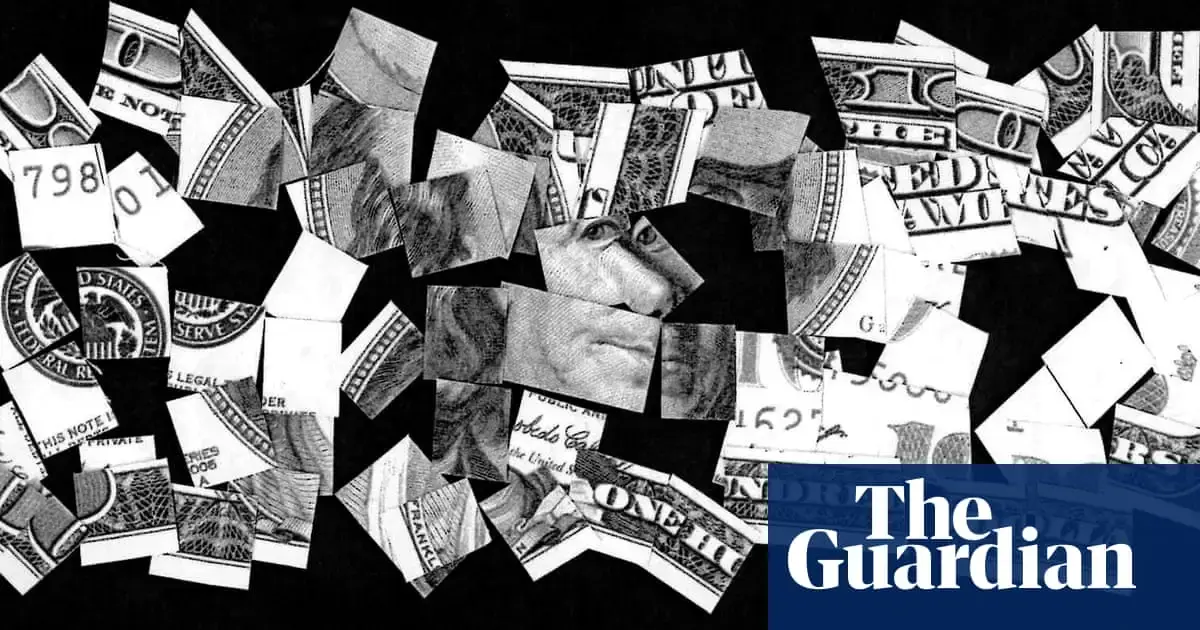- cross-posted to:
- globalnews@lemmy.zip
- news@lemmy.world
- cross-posted to:
- globalnews@lemmy.zip
- news@lemmy.world
Entirely unsurprising. I also think with how anti-regulation we are in the US, that nothing is likely to change anytime soon. At the very least, you’d think it would be pretty widely accepted that investigating and spending resources to stop price collusion would be an easy win. Realistically, they aren’t investigating now and I see little to no reason they’d start investigating anytime soon.
There are definitely days I wish I still believed the government gave a flying fuck about the proletariat. But this is just downstream effects of “OK, OK, AT&T, and then we’re done with antitrust” Reagan policies. The consumer base seems to have widely been brainwashed into thinking the invisible hand leads to monopolies because best practices win, and thus fewer options mean the best ones have proven themselves.
People have been romanticizing the Roaring Twenties since I can remember, seemingly because it was a time of decadence ahead of the Depression, and therefore simpler times when everyone was happy. We’ve waltzed right back in to the same oligopoly structure that led to the '30s, and people expect it to turn out differently without any sort of structural reform.
deleted by creator
Also from CEOs just copying behavior.
You saw it with the recent tech layoffs - “well if Google thinks they need to lay off people, maybe we should lay people off - they must know something we don’t”
deleted by creator
🤖 I’m a bot that provides automatic summaries for articles:
Click here to see the summary
The report, compiled by the progressive Groundwork Collaborative thinktank, found corporate profits accounted for about 53% of inflation during last year’s second and third quarters.
Prices for consumers rose by 3.4% over the past year, but input costs for producers increased by just 1%, according to the authors’ calculations, which were based on data from the Bureau of Economic Analysis and National Income and Products Accounts.
The report’s authors scoured corporate earnings calls and found executives bragging to shareholders about keeping prices high and widening profit margins as input costs come down.
Groundwork examined earnings calls and found executives at both companies boasting of widening profit margins as input costs decreased.
P&G executives said in their July earnings call they expect $800m in windfall profits because of declining input costs, suggesting they won’t bring down prices.
Earlier this month, with the government’s support, the supermarket chain Carrefour banned some PepsiCo products from its shelves because of “unacceptable price increases”.
Saved 82% of original text.





